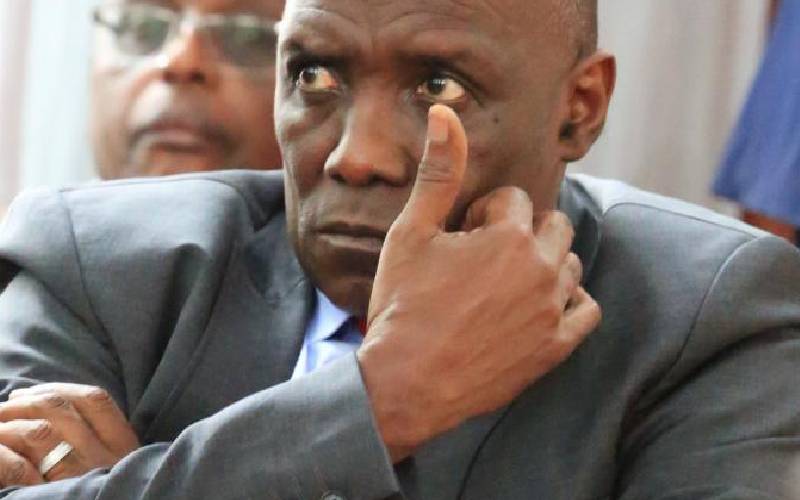×
The Standard e-Paper
Fearless, Trusted News

Former National Land Commission chairman Muhammad Swazuri. [Photo, Courtesy]
Following the expiry of the term for the National Land Commission (NLC), it is fitting to reflect on what it has achieved in the management of land.